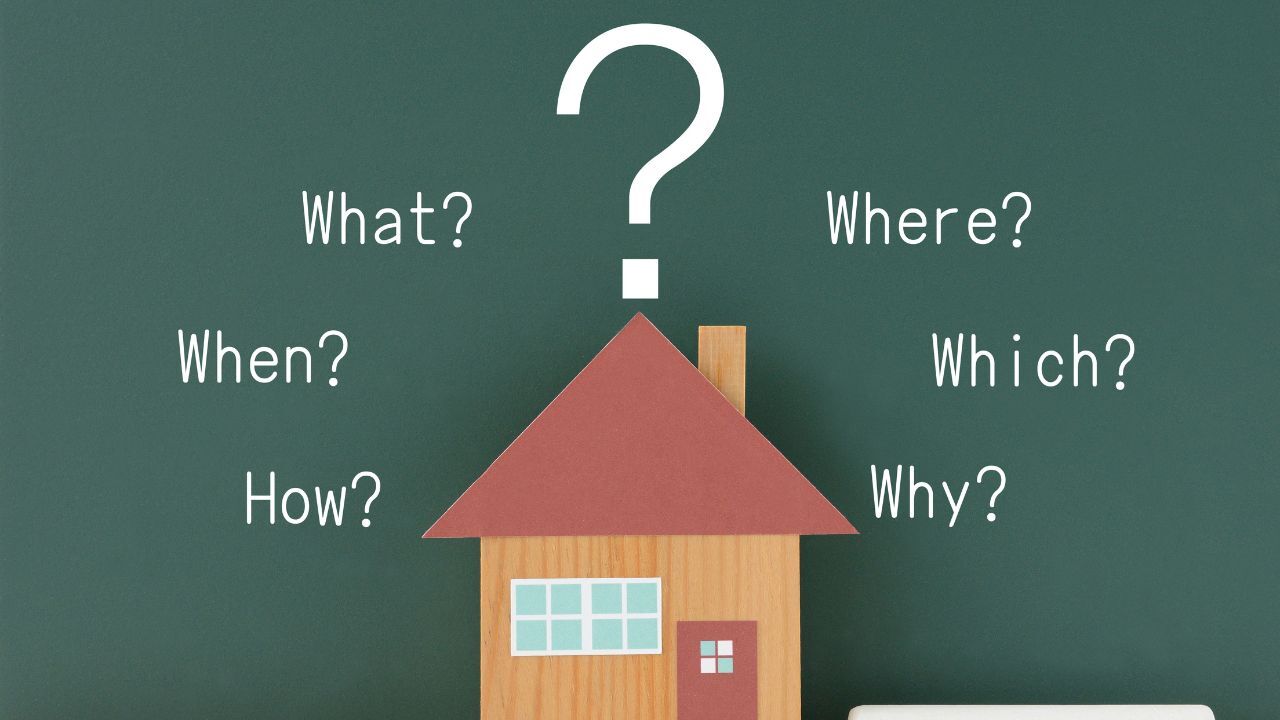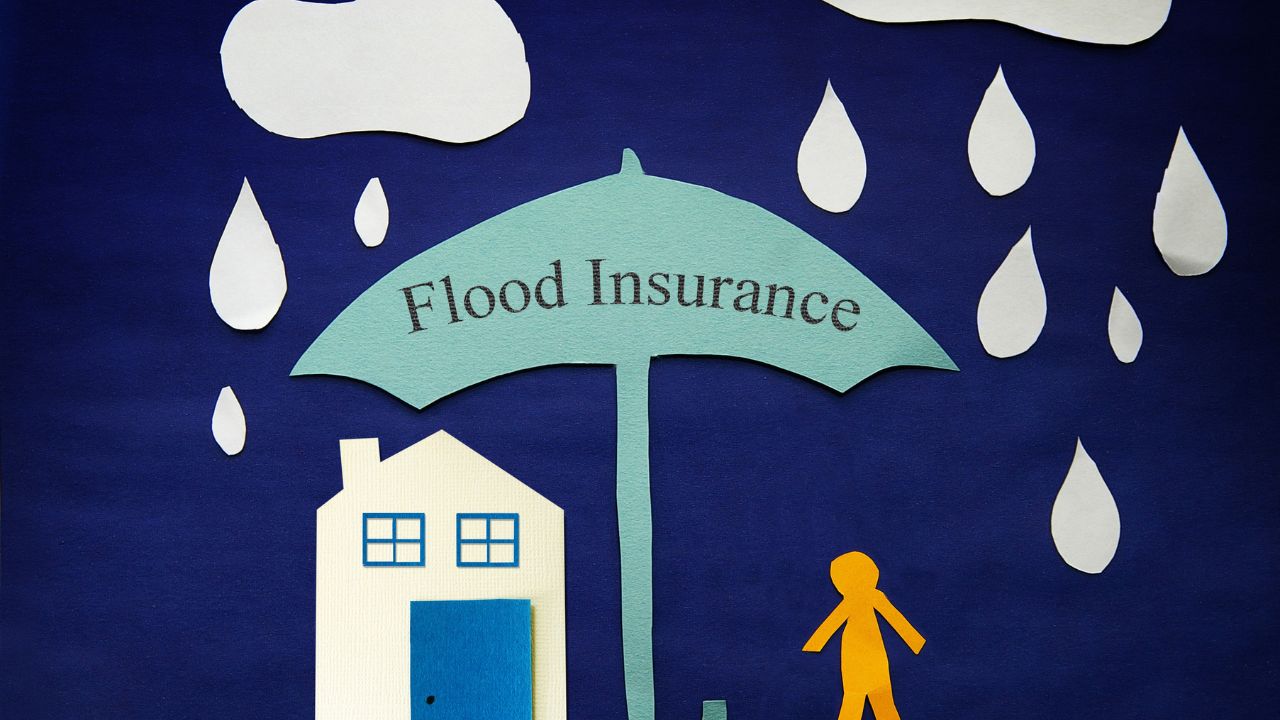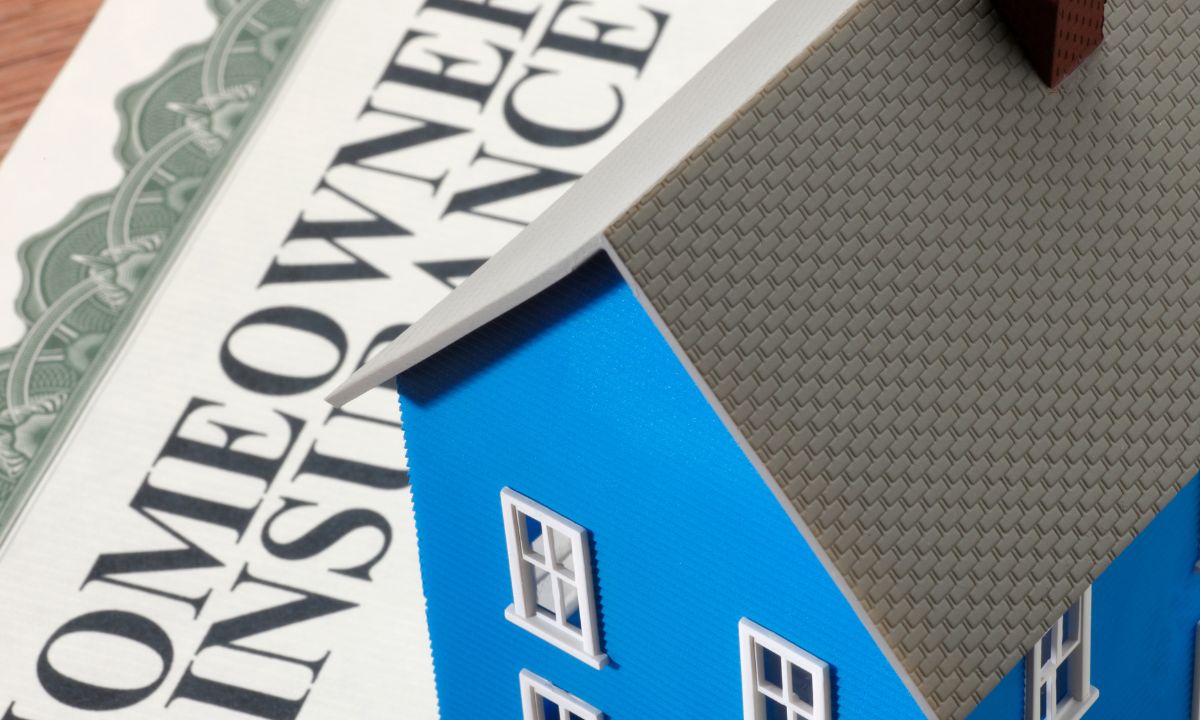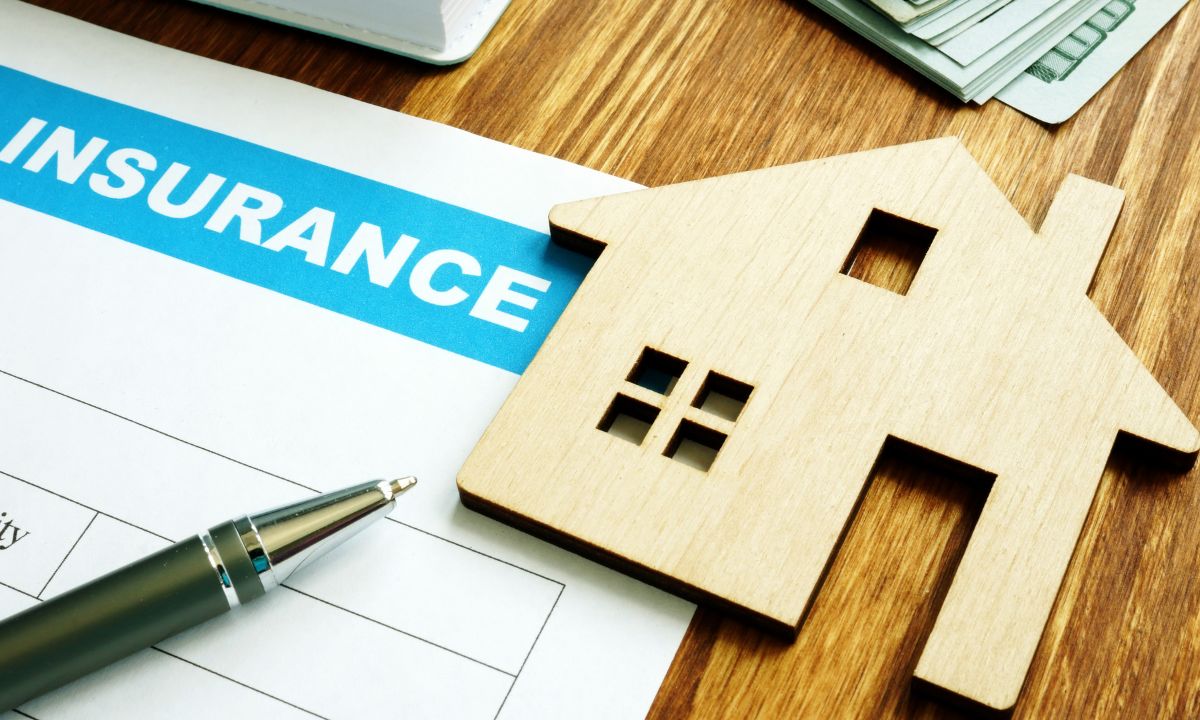 When you find a home you love, it is easy to get swept up in the excitement. But before you picture furniture placement or favorite paint colors, it is important to understand what the insurance landscape looks like for the property. Homeowners insurance is not only required by most lenders, it also protects your investment, your finances, and your peace of mind. As real estate professionals, we advise buyers to ask key insurance questions early so they avoid surprises and choose a home that fits their long-term budget.
When you find a home you love, it is easy to get swept up in the excitement. But before you picture furniture placement or favorite paint colors, it is important to understand what the insurance landscape looks like for the property. Homeowners insurance is not only required by most lenders, it also protects your investment, your finances, and your peace of mind. As real estate professionals, we advise buyers to ask key insurance questions early so they avoid surprises and choose a home that fits their long-term budget.
Ask About the Home’s Insurance History
A home’s insurance past can tell you a lot about its true condition. Claims for water damage, fire, storm issues, or mold can signal long-term problems. While sellers may disclose major issues, insurance history adds another layer of clarity. Some claims can even affect your future premiums. Asking about past claims helps you understand what repairs were made and whether the home has had recurring issues.
Find Out if the Home Is in a High-Risk Zone
Location plays a major role in insurance costs. Ask whether the property is in a flood zone, wildfire-prone area, hurricane zone, or region with high winds. Homes located in high-risk zones usually require additional coverage, which increases premiums. Understanding risk zones helps you decide whether the ongoing insurance cost aligns with your budget and comfort level.
Check the Roof Age and Condition
Insurance companies care about roof condition because it is one of the biggest sources of claims. Older roofs may lead to higher premiums or limited coverage until repairs are made. Ask the seller or your real estate professional about the roof age, materials, and maintenance history. A well-maintained roof can keep premiums lower and reduce the chance of future issues.
Ask About the Age of Major Systems
Insurance rates often reflect the condition of big-ticket systems such as electrical wiring, plumbing, and HVAC. Outdated electrical panels or old plumbing can raise premiums or require upgrades for coverage. Knowing the age and condition of these systems helps you understand both potential repair expenses and insurance implications.
Get an Insurance Quote Before Making an Offer
Many buyers assume insurance costs will be similar across homes, but that is not always the case. Two homes in the same neighborhood can have very different insurance premiums based on age, construction, risk, or claim history. Getting a quote early gives you a clearer picture of the full cost of homeownership. This step prevents budget surprises and confirms the home fits your long-term financial plan.
Asking the right insurance questions before falling in love with a home will protect your budget and help you avoid unpleasant surprises. By understanding the home’s risk factors, system condition, and insurance history, you can make a confident, informed decision that aligns with your goals.
 One of the most important overlooked form of insurance for homeowners is Flood Insurance. Flood damage is not covered on a typical homeowners insurance policy. Although sometimes FEMA (the Federal Emergency Management Agency) provides help for victims of flood damage, it does not provide coverage for personal property, and is often defined as a loan and must be repaid.
One of the most important overlooked form of insurance for homeowners is Flood Insurance. Flood damage is not covered on a typical homeowners insurance policy. Although sometimes FEMA (the Federal Emergency Management Agency) provides help for victims of flood damage, it does not provide coverage for personal property, and is often defined as a loan and must be repaid. With the cost of everything rising, homeowners are looking for ways to save wherever they can. One expense that often gets overlooked is homeowners insurance. While it is essential to protect your investment, there are ways to lower your premiums without sacrificing coverage. Here are some strategies to help you secure quality insurance at a fair price.
With the cost of everything rising, homeowners are looking for ways to save wherever they can. One expense that often gets overlooked is homeowners insurance. While it is essential to protect your investment, there are ways to lower your premiums without sacrificing coverage. Here are some strategies to help you secure quality insurance at a fair price. Buying a home is one of the most significant investments you’ll make in your lifetime. But it’s not just about purchasing the property itself—it’s also about protecting it. Homeowners insurance is a crucial part of homeownership, offering financial protection against damage or loss caused by unexpected events like accidents, natural disasters, or theft.
Buying a home is one of the most significant investments you’ll make in your lifetime. But it’s not just about purchasing the property itself—it’s also about protecting it. Homeowners insurance is a crucial part of homeownership, offering financial protection against damage or loss caused by unexpected events like accidents, natural disasters, or theft. As a seasoned real estate agent, I’ve journeyed alongside numerous families as they embark on the adventure of finding their dream homes. However, beyond the excitement of securing that perfect abode lies a crucial step often overlooked: home insurance.
As a seasoned real estate agent, I’ve journeyed alongside numerous families as they embark on the adventure of finding their dream homes. However, beyond the excitement of securing that perfect abode lies a crucial step often overlooked: home insurance. Those who are taking out a loan for a home will probably be required by the lender to purchase home insurance. Even those who don’t need a loan will still need to make sure that they protect their property accordingly with a comprehensive home insurance policy. This is important for making sure homeowners have the money to replace their belongings and repair their property in the event of a disaster. At the same time, homeowners do not want to spend more than they must for a home insurance policy.
Those who are taking out a loan for a home will probably be required by the lender to purchase home insurance. Even those who don’t need a loan will still need to make sure that they protect their property accordingly with a comprehensive home insurance policy. This is important for making sure homeowners have the money to replace their belongings and repair their property in the event of a disaster. At the same time, homeowners do not want to spend more than they must for a home insurance policy.  For those who are thinking about buying a house in the near future, they are probably in the process of tabulating up all of their expenses. One of the common expenses is home insurance. Even though home insurance is certainly recommended, is it actually required? There are many situations where it is required. At the same time, even when it is not required, it is still a good idea. When it comes to homeowners’ insurance, there are a few important points to keep in mind.
For those who are thinking about buying a house in the near future, they are probably in the process of tabulating up all of their expenses. One of the common expenses is home insurance. Even though home insurance is certainly recommended, is it actually required? There are many situations where it is required. At the same time, even when it is not required, it is still a good idea. When it comes to homeowners’ insurance, there are a few important points to keep in mind.